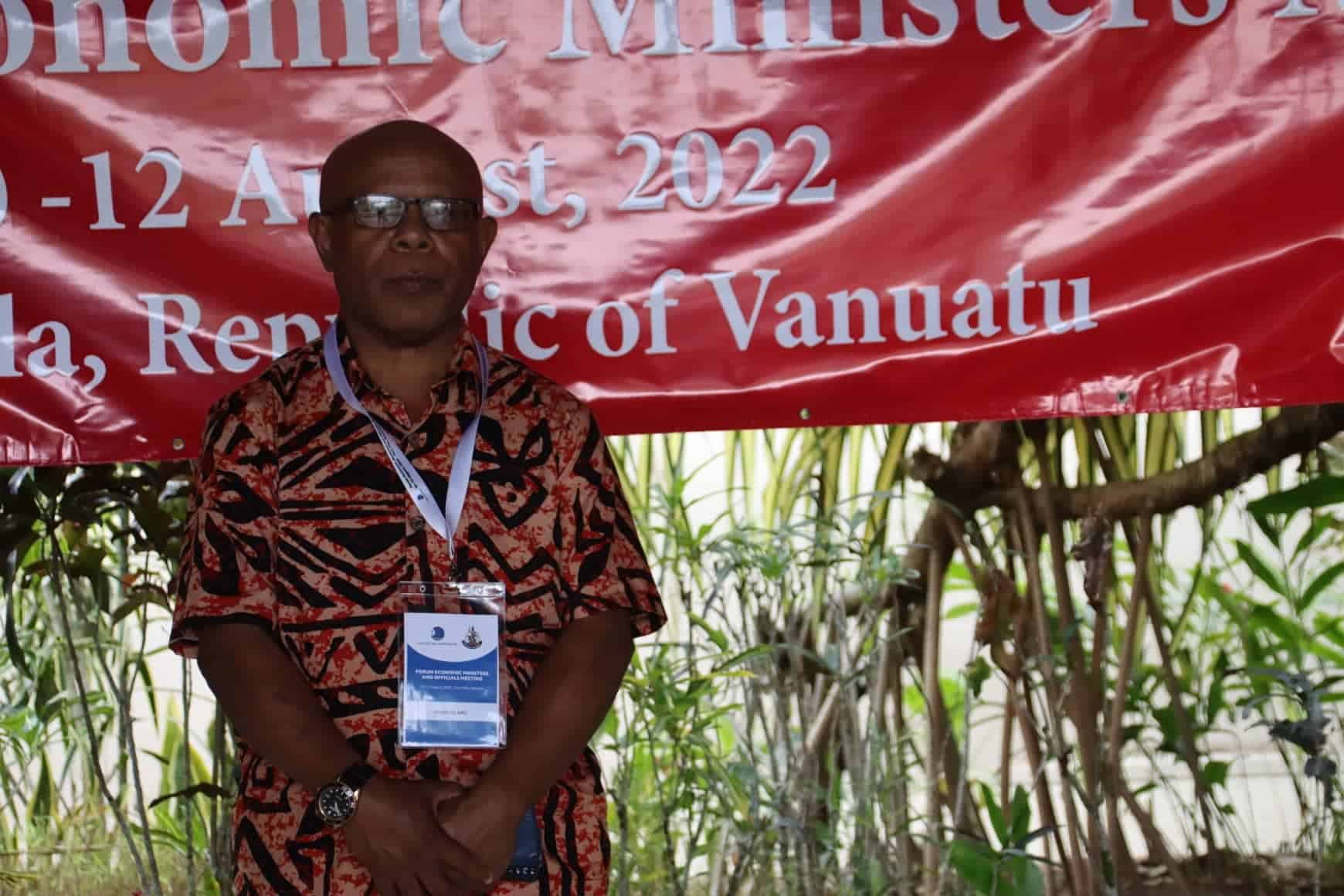The Vanuatu government hopes moves to set up fuel depot locally will help stabilise fuel prices in the country.
Discussions in the leadup to the Forum Economic Minister’s Meeting which gets underway in Vanuatu today, have flagged fuel prices and inflation as a shared concern across the Pacific, as the region’s economies seek to recover post-COVID.
The Vanuatu National Provident Fund (VNPF) recently signed a Memorandum of Understanding (MOU) with TotalEnergies Fiji. This initiative is the first step to the setting up of a local depot.
The CEO of the Vanuatu Foreign Investment Promotion Agency (FIPA Vanuatu), Howard Aru says that historical high costs, COVID and now the war in Ukaraine has driven up costs.
“The impact is clear, especially with the hike in fuel prices locally. A few weeks ago, the honourable finance minister signed an agreement to establish a fuel depot here in Vanuatu. This can basically stabilise the fuel cost in the country,” he said.
Aru expects the climate crisis, and responses to its impact on Pacific economies, will be on the FEMM agenda, saying it creates economic instability in the region, and requires financing.
At the opening of the FEMM officials meeting yesterday, Vanuatu’s Director General for Economics and Finance, Letlet Augus said: “If COVID-19 was the first global shock, then the impact of global fuel price increases on inflation and increased food, energy, transport prices, would be the second. What then will be the impact on the Pacific from the on-going conflict in Europe and what appears to be brewing geo-political instability in the Taiwan strait? And I have not even mentioned shocks from disasters and climate change risks.”
Aru agrees. “The FEMM meeting is extremely important for us in Vanuatu because of the threats of climate crisis. We felt the pinch during Cyclone Pam in March 2015; it devastated the southern and northern parts of the country. Tropical Cyclone Harold in 2020 destroyed the northern part of the country and to this day we are still recovering from it,” Aru said.
Climate volatility can force economies to deal with uncertainty, whether in the cost of rebuilding after disasters, investing in climate resilient infrastructure, or the shorter term impacts on the cost of goods and resources after climate events.
Atu said it compounds a number of challenges faced by Vanuatu.
“There is the logistics and shipping challenges we face in terms of waiting time for goods to arrive and interconnected shipping services, which is not reliable because of the shortage of supplies of certain manufactured goods, delayed entry of supplies in Vanuatu, and the cost of exports due to the climate mainly.
“I hope the economic ministers across the region through this meeting can find a way of accessing climate finance to help during the climate crisis that we are currently in.”
Vanuatu reopened its borders in July and the FIPA Vanuatu CEO says this has brought some hope.
“Vanuatu is open and investors are already in town at the moment from processing, agriculture, livestock, and at the moment, Japanese company Toshiba is in town and is travelling up north to inspect the site they are interested in,” Aru said.
“We just need to be better prepared now to receive visitors and more investors that are coming in.”
